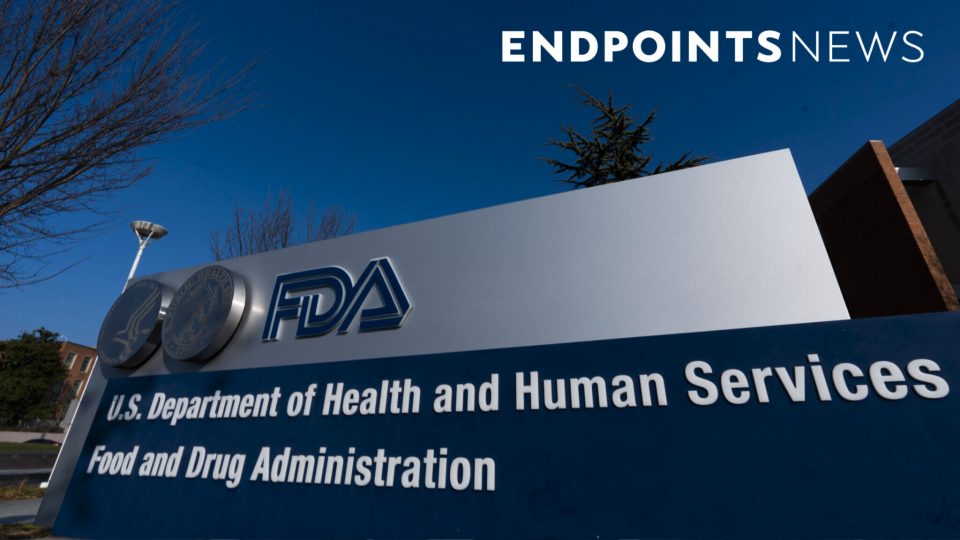As the majority of drug shortages are still associated with manufacturing-related quality issues, the FDA on Thursday published new draft guidance spelling out how to proactively assess risks to manufacturing processes and supply chains, while understanding the market’s vulnerabilities.
While drug shortages peaked in 2011, the FDA says in its new 18-page draft guidance that the number of new drug shortages “has declined significantly since” that peak, reaching a low in 2015 and 2016, thanks in part to a new law’s enactment, known as FDASIA, which helped the agency better prevent or mitigate drug supply disruptions and shortages, and clarified cGMP requirements.
However, the FDA explains how this downward trend “did not continue in subsequent years,” noting:
Drug shortages continue to occur and at roughly the same levels since 2018. Further, drug shortages have grown more persistent (i.e., increased length of active drug shortages). Many of the reasons for drug shortages are, for example, issues related to drug quality, disruptions to supply chain manufacturing operations (e.g., caused by natural disaster or discontinuation of components by suppliers), limitations in forecasting future demand, and market withdrawals of drug products.
In March 2020, with the enactment of the CARES Act, Congress added a section to the law governing the FDA, which took effect in September 2020, and that requires certain manufacturers to develop, maintain, and implement a “redundancy risk management plan that identifies and evaluates risks to the supply of the drug, as applicable, for each establishment in which such drug or active pharmaceutical ingredient of such drug is manufactured.”
Since at least the publication of ICH Q9 in 2006, the pharmaceutical industry has taken steps to implement quality risk management principles.
The types of drugs for which the FDA will require risk management plans include:
- Life-sustaining and life-supporting drugs and APIs
- Drugs to prevent or treat a debilitating disease or condition, including for emergency medical care or surgery or that’s critical to the public health during a public health emergency
- Any associated medical device used for the preparation or administration of these drugs
For 7 other types of drugs, the FDA draft says that it recommends, rather than requires, RMPs:
- Drugs to treat rare diseases
- Drugs that lack appropriate alternatives
- Medical countermeasures used in the event of a potential public health emergency stemming from a terrorist attack with a biological, chemical, or radiological/nuclear material, or a naturally occurring emerging disease and other threat agents (i.e., essential to national security)
- Sole source drugs
- Drugs with only one API manufacturer in the product’s supply chain that has been appropriately qualified by the quality unit of the finished dosage form (FDF) establishment
- Drugs with only one FDF manufacturer in the product’s supply chain
- Drugs manufactured in a facility (including packaging facilities and laboratories) with an inspection in the last 5 years that was classified as official action indicated (OAI) and there is no other manufacturing facility that is qualified in the product’s supply chain to conduct that operation
While the agency acknowledges that shortages and shortage mitigation efforts pose a significant financial and resource burden on pharma companies, among other stakeholders, the FDA said it views RMPs as an important mechanism to proactively identify, assess, and mitigate the risks that might lead to a disruption in the supply of drugs.
Additionally, in recent years, FDA said it has observed a rise in number of cyberattacks on drug manufacturers “and is increasingly concerned about the effect of such attacks on the drug supply chain.”
In 2017, a cyberattack involving ransomware on Merck’s manufacturing ops led to issues that lasted for more than a month after the attack occurred.


